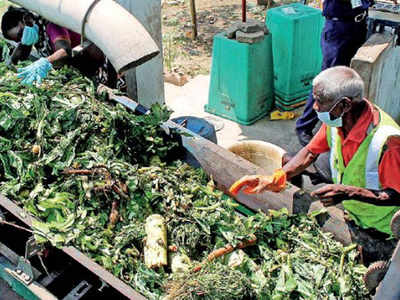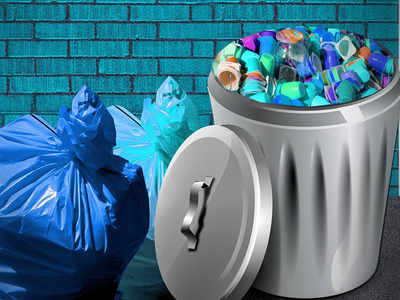The Hindu 28.03.2013
Commercial entities to set up bio-gas plants
Commercial establishments in the city are likely to set
up their own bio-gas plants for processing their food waste. The Chennai
Corporation, at a meeting in Ripon Buildings with representatives of
hotels, marriage halls and other commercial food business operators
asked the traders to commission decentralised waste processing facility
based on a technology of Bhabha Atomic Research Centre (BARC).
The
meeting was organised to resolve a deadlock on the issue of conservancy
charges in Chennai. At the meeting, Corporation officials indicated
that new conservancy charges levied on these establishments, which had
been fiercely opposed by them, would be reduced if the traders’
association commissioned their own plants based on such proven
technology.
A number of food-business operators,
including large hotels and marriage halls, had been asked to pay more
conservancy charges by the Chennai Corporation. The city has more than
20,000 commercial entities including large food-business operators and
marriage halls that generate large amount of municipal solid waste every
day.
As the commercial establishments did not agree
to the increase in conservancy charges by the Chennai Corporation, a
series of meetings were organised over the past few months to resolve
the deadlock.
Commercial establishments that use
1,100 litre bins for conservancy were asked to pay Rs.1.31 lakh to the
Chennai Corporation, according to the new proposal. Similarly, the
establishments that use 120 litre bins were asked to pay Rs.14,600. The
charges for marriage halls with a seating capacity of more than 1,000
were increased from Rs.12,000 to Rs.86,400 per year.
BARC
had already knocked on the doors of the Chennai Corporation to sell its
garbage segregation technology and the civic body has suggested that
commercial establishments use the indigenously-developed technology.
This
initiative may also revive source segregation of garbage and is likely
to be yet another option for generating energy using waste. The
technology will also facilitate lighting up of streetlights using the
energy generated. Around 30 per cent of 4900 tonnes of municipal solid
waste generated in the city is biodegradable. The technology offers a
decentralised way of garbage disposal as 300 sq. ft. of land is enough
to process one tonne of waste a day.


